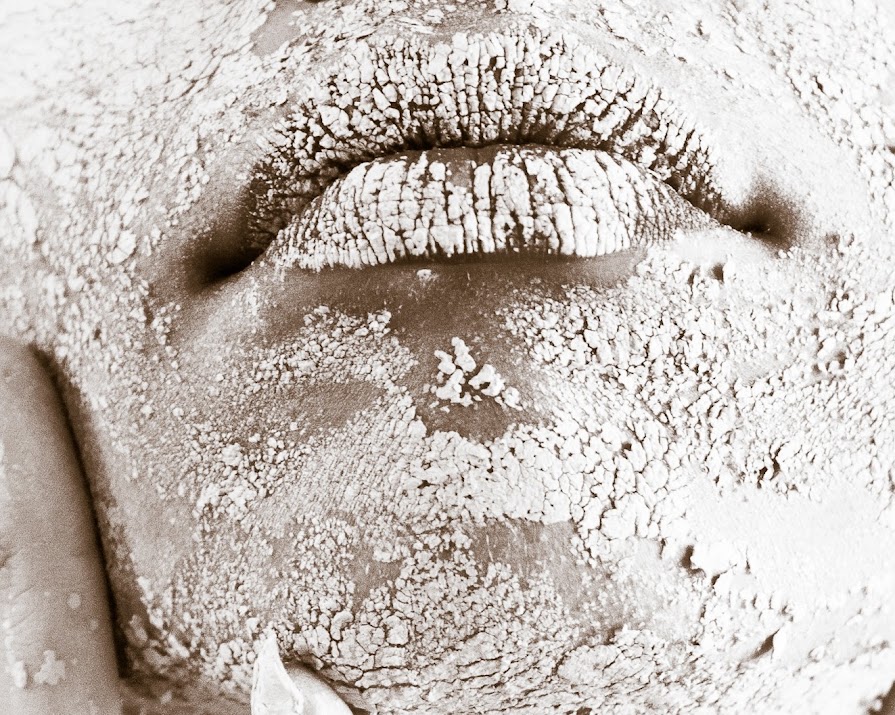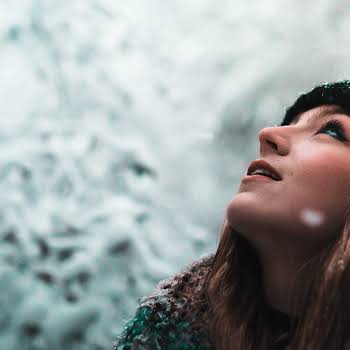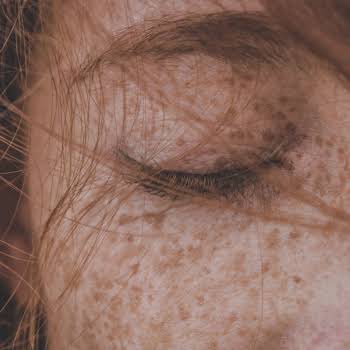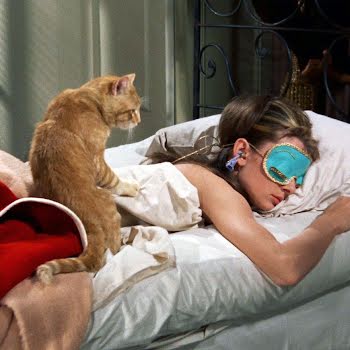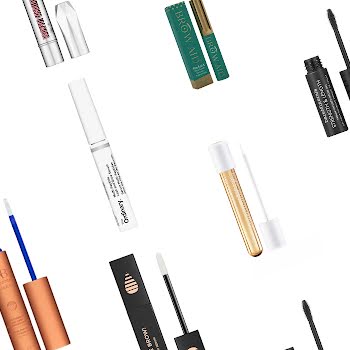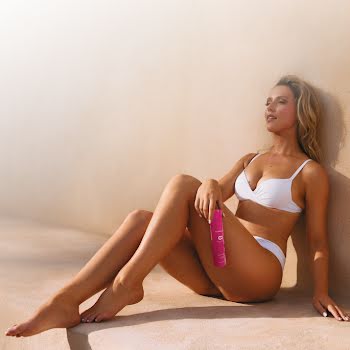By Hannah Hillyer
08th Nov 2018
08th Nov 2018
Eczema is something I always forget about until I get a flare up in the colder months; uncomfortable, irritating, and at times, painful. The exact cause of eczema is still unknown but it is thought to be genetic, though people that suffer with asthma and hayfever will be more prone to developing it. All you can do is try to look after it is as best as possible when temperatures plummet.
What is eczema?
According to The Irish Skin Foundation, eczema affects one-in-12 adults and one-in-five children. Atopic eczema is the most typical form of the skin disease and is characterised by dry red skin and an itchy rash.
Where can you get it?
Most common areas are:
- inside the elbows
- backs of knees
- neck
- eyelids
- around the mouth
Why can Eczema become worse in Winter?
Stress, diet and any number of factors can cause a flare-up, and unfortunately, in cold weather, it can be far more unpleasant to deal with. Going from the dry, heated air of your office/home, to back outside with a massive drop in temperature can really irritate the skin. Avoid massive temperature changes by wearing gloves or using a barrier cream whenever you go out. Also try not to use very hot water on the skin, stick to lukewarm water on any affected areas at this time of year.
What products can I use?
This will vary widely from person to person, but the general rule is to use something gentle. Try and stick to products that don’t contain perfume as this can inflame the skin further, so make sure you’re also thinking of your shower gel and hand soap too. Brands like Aveeno, E45 and La Roche Posay are all fantastic at offering affordable products that really work. I particularly love the Lipikar AP+ Stick from La Roche Posay as it provides instant, easy relief for itchy skin. Got the itch? Here are three powerful, kind-to-skin products to try.
La Roche-Posay Lipikar AP+ Stick; €9.00 at Boots.
Aveeno Cream; €18.99 at Boots.
E45 Wash Cream for Dry and Itchy Skin; €7.99 at Boots.











